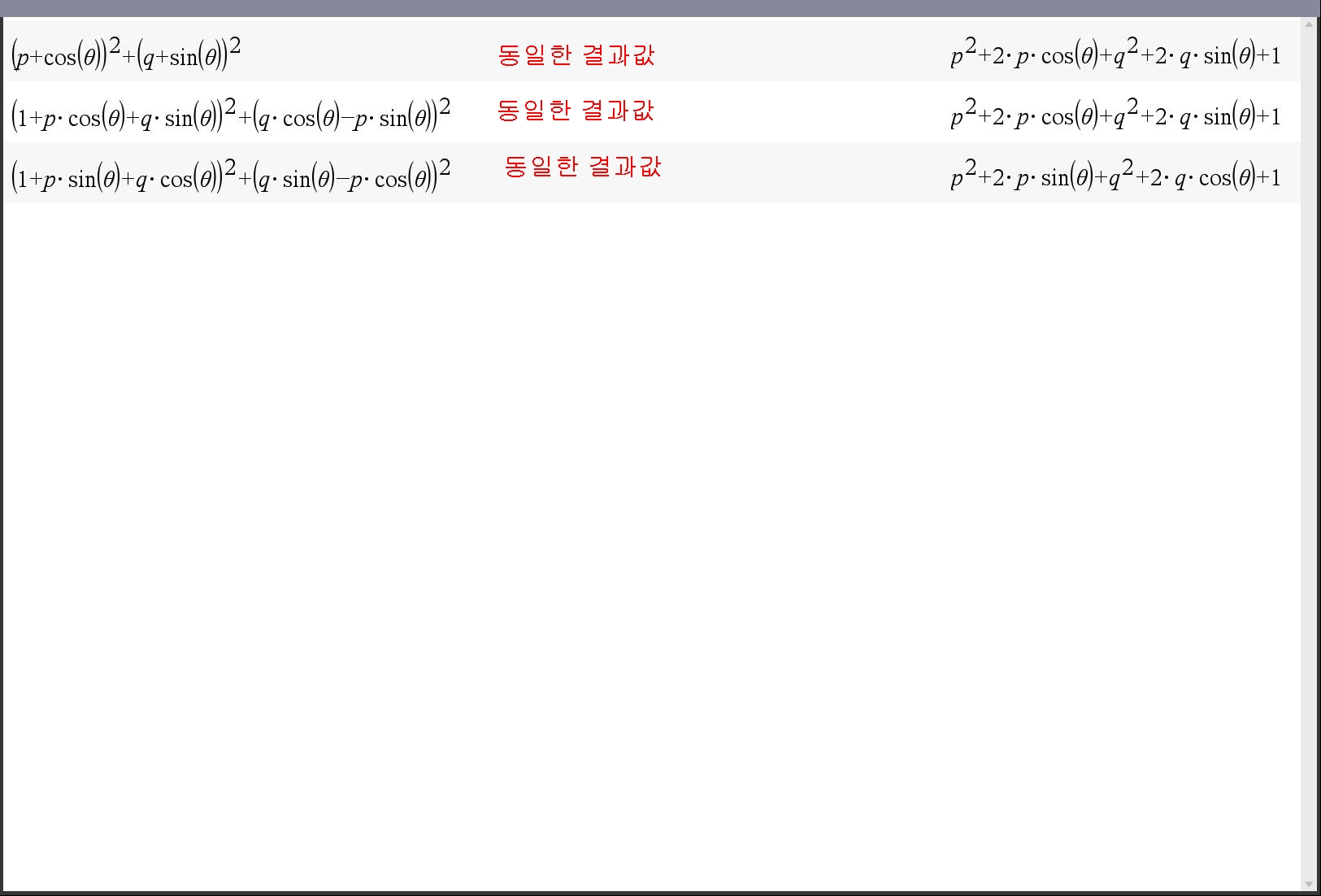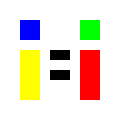- 세상의 모든 계산기 자유(질문) 게시판 일반 ()
TI NSPIRE CX CAS 삼각함수 변환 문의 드립니다.
안녕하세요.
삼각함수 관련해서 오늘 아주 희한한 경우를 발견하였습니다.
처음결과값이 계산을 한 값인데
저 값이 2번째, 3번째 같은 형태로도 표현이 되더라고요.
실제로 제가 변환하고자 하는 경우는 2번째, 3번째 경우거든요. ㅠㅠ
그래서 혹시 가능하신가 해서 문의 드립니다.
tcollect, texpand, factor expand 모두 안 되더라고요. ㅠㅠ
늘 감사드립니다.

댓글2
-
세상의모든계산기
함수 Completesquare, 완전제곱식 변환 기능
https://allcalc.org/55540


조니 님의 최근 댓글
부분분수는 HP PRIME 말고는 안 되나 보군요. 답변 감사드립니다. 2025 10.20 결국 분자만 completesquare로 한 후에 수동으로 분모를 같이 계산을 하면 되기는 하는군요. 감사합니다. 2025 10.09 예전에 질문을 했었던 이슈네요. 잊어버리고 있다가 다시금 알게 되었습니다. 감사합니다. 2025 09.29 짝수승을 대입을 하면 극한값이 계산이 되네요. 덕분에 오늘도 또 한개 배우고 갑니다. 2025 08.06 역시 저의 실수였군요. 늘 감사드립니다. 2025 08.01